There are many reasons some countries are hated more than other countries.
Some of the reasons are that countries’ policies can be seen as aggressive or hostile, which can lead to hatred from other countries, a history of aggression or colonialism, the ruling government being corrupt or oppressive, or simply their actions that could lead to political instability within and around.
To find which of the countries are hated, we delve into the reasons behind the negative perceptions surrounding these nations, shedding light on historical events, political actions, and cultural factors that have contributed to their reputations.
From accusations of terrorism support to oppressive laws and geopolitical struggles, we uncover the key elements that have shaped global sentiment towards these countries.
Here are the top 10 most-hated countries in the world 2023:
10. Turkey
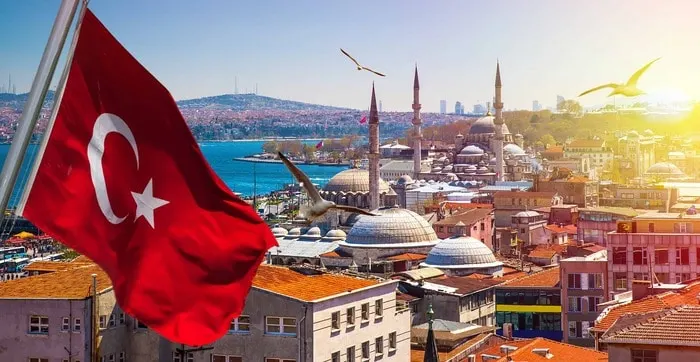
Turkey has been subject to accusations of supporting terrorism, which has contributed to its negative reputation.
The Turkish government’s alleged involvement in the Syrian conflict has raised concerns internationally.
Regionally, Erdoğan has been a vocal supporter of Islamist groups, such as the Muslim Brotherhood and Hamas.
This has alienated many Western countries (Especially Greece and other neighbors of Turkey), which see these groups as a threat to their security.
Destroying Atatürk’s values, Erdoğan has steadily consolidated power since coming to power in 2003, and his government has been accused of suppressing dissent, imprisoning journalists and critics, and rigging elections.
Not just that, Erdoğan has been a thorn within NATO and blocking any further advancements until his unreasonable needs are fulfilled.
Historically, the Turkish government faced responsibility for the Armenian Genocide during the First World War, where nearly 1.5 million Armenians lost their lives.
This historical event, along with a survey conducted in 2007, where 78% of Armenians saw Turkey as a threat, has further fueled negative sentiments.
9. Iraq
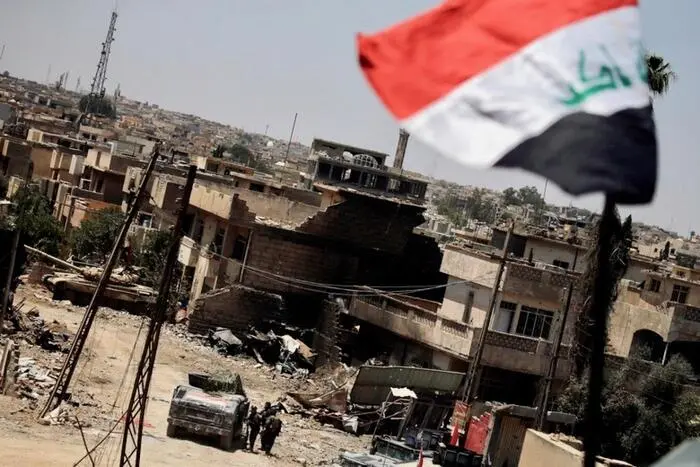
Iraq’s invasion of Kuwait in 1990 marked the beginning of America’s involvement in the “endless conflicts” of the Middle East.
Before this event, American military actions in the region had been short-lived and temporary.
The instability that was created by Saddam Hussein’s rule has had a lasting impact on the Middle East.
The region is still plagued by violence and instability, and it is unclear how long it will take to recover.
President George H.W. Bush’s response to Iraq’s aggression aimed to resolve the issue, but subsequent administrations faced challenges in bringing soldiers back home.
The prolonged conflicts have contributed to the negative perception of Iraq in international relations.
8. Pakistan
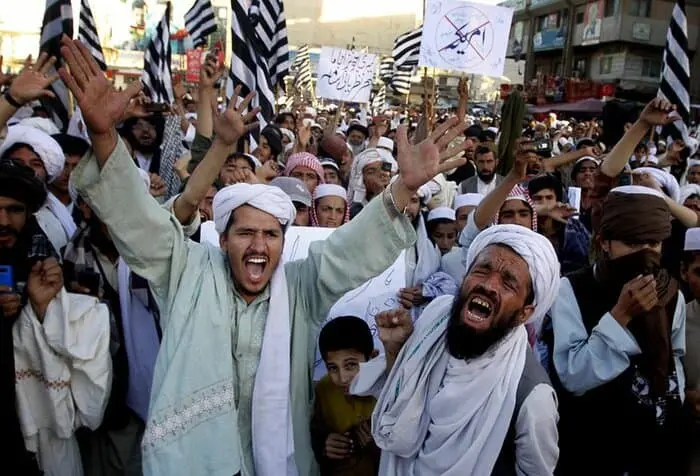
Pakistan frequently makes headlines due to its association with numerous terrorist attacks.
The county is hated by a vast majority of Indians due to its firm resolve to annex Kashmir at any cost.
Pakistan is accused of giving aid to the Taliban and some of the most wanted criminals in the world.
Since its partition, Pakistan has been linked to supporting terrorism and operating terror camps within its borders.
Not only India the relationship between Bangladesh and Pakistan is also not good due to its past history.
Due to political, economic, linguistic, and ethnic discrimination by the Pakistan state before independence in 1971, some people in Bangladesh had anti-Pakistan sentiments.
The blame for major attacks in Afghanistan often falls on Pakistan, further deteriorating relations between the two nations.
Pakistan was also held responsible for evacuating approximately 5,000 top Taliban leaders encircled by NATO forces during the 2001 invasion of Afghanistan.
Not just neighbors but even western countries hate Pakistan because Pakistan has been accused of providing financial, logistical, and military support to many local Islamist terrorist groups.
Western countries only support Pakistan because they appreciate Pakistan’s role in promoting stability in the region.
However, the negative view of Pakistan is widespread, and it is a major obstacle to improving relations between Pakistan and the West.
7. Saudi Arabia

Saudi Arabia is a significant source of funding for terrorist organizations, providing training, supplying weapons, and hosting groups within their borders.
According to two studies in 2007, most of the suicide bombers in Iraq are Saudis.
Fifteen of the 19 hijackers of the four airliners responsible for 9/11 originated from Saudi Arabia.
The country is believed to be very oppressive.
It is highly dominated by the religious laws ‘Islamic laws’, and the obligations to women are extremely severe.
The woman is required to wear black legal clothes outside her home.
It is forbidden for women to drive a car. Some people hate Saudi Arabia because of its discourse in the mosques describing non-Muslims as infidels.
It is also the worst country when it comes to diplomatic relations with other countries in the middle east and in Asia.
6. Iran
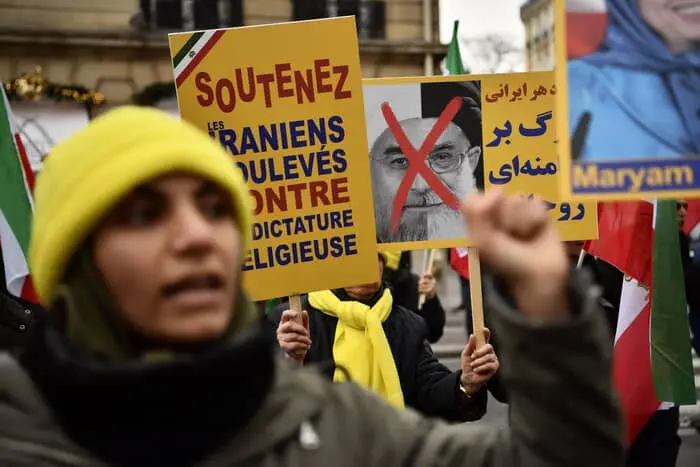
Iran is known for its antagonistic attitude toward the world’s most powerful nations.
The 1979 Iranian hostage crisis resulted in anti-Iranian sentiment in the United States.
Iran has been involved in supporting terrorism to achieve its goals and has actively pursued the development of nuclear weapons.
The ongoing power struggle between Iran and Saudi Arabia has further contributed to its negative image.
The country has a strong military, a large population, and a significant economic and political influence.
Iran’s actions can have a significant impact on the stability of the region.
Iran’s nuclear weapon program combined with its poor human rights record and regional ambitions could horribly destabilize the region.
5. North Korea
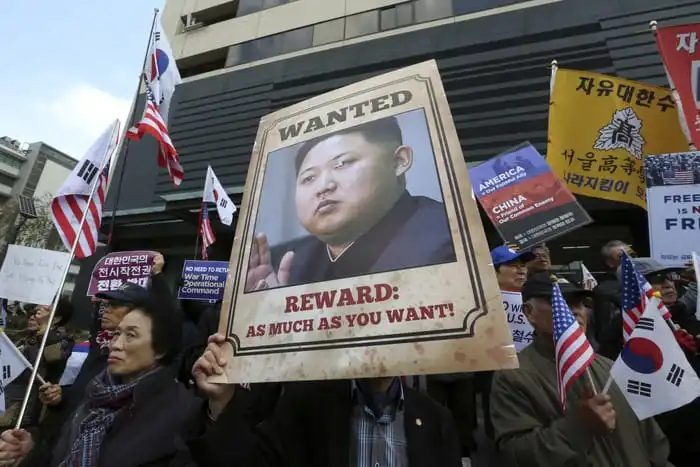
North Korea’s isolation from the rest of the world and the concentration of power in the hands of one leader has contributed to its negative perception.
The country’s provocative behavior and hostile relations with the United States since the Korean War have fueled international animosity
Concerns about human rights violations, including curtailed freedom of expression, peaceful assembly, and association, add to the negative sentiment
North Korea refuses to abide by international law when it comes to the treatment of its own people.
There is a shortage of food among the people some reports even suggest that people are surviving by consuming grass and rodents.
The leadership is very much autocratic and cruel.
They are continuously developing nuclear weapons under the leadership of Kim Jong-un, a third-generation dictator.
4. Israel
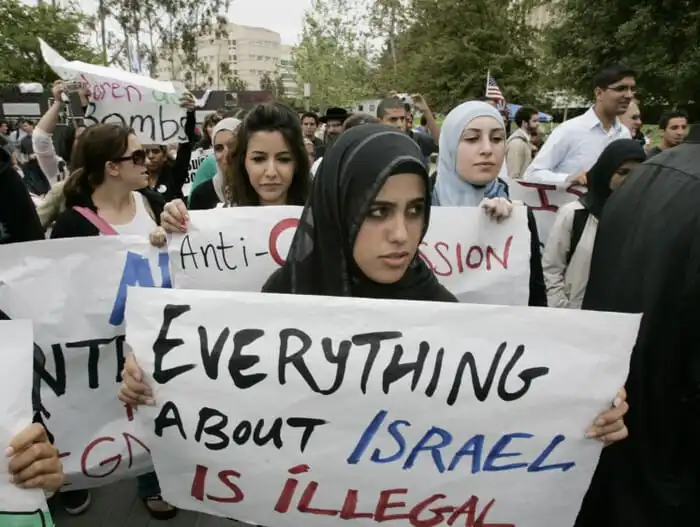
Israel is constantly involved in many wars due to its don’t mess with me attitude.
One such attitude was shown by Israel in the Palestine war.
The Israeli government continued to enforce severe and discriminatory restrictions on Palestinian’s human rights.
Many people also considered them to be the same as Nazis as they also killed a lot of innocent people who did not do anything.
Most Muslims show disdain towards Israel due to its anti-Muslim policies.
3. United States
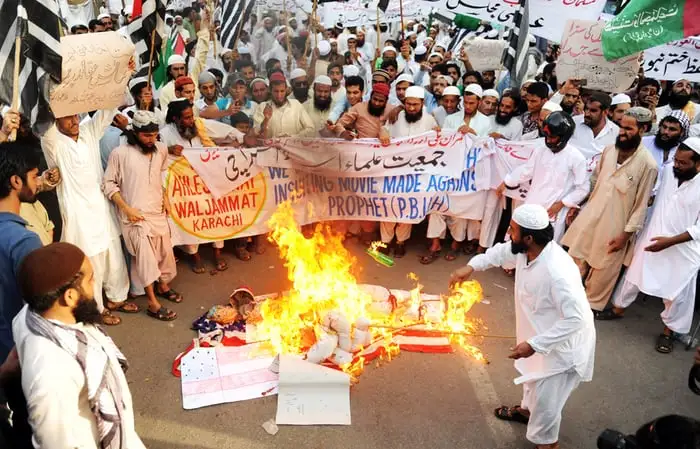
In all seriousness, the United States is despised because it is a powerful, wealthy, influential country, and it is impossible to have such authority worldwide and not be hated.
Most Americans are seldom confronted with the stark reality of US military superiority.
The term “global policeman” refers to a superpower that aspires to or claims the right to meddle in the affairs of other sovereign states.
It was initially employed by the United Kingdom and, after 1945, by the United States.
The role of the United States as a “global policeman” has been controversial.
Some people believe that the United States has a responsibility to use its power to promote peace and stability around the world.
Others believe that the United States should not intervene in the affairs of other countries and that this role has led to the United States becoming involved in unnecessary wars.
2. Russia
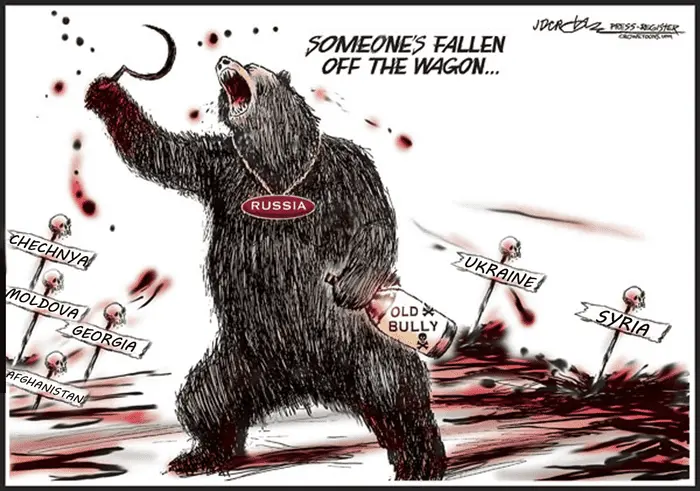
Russia’s invasion of Ukraine in 2022 has been widely condemned as a violation of international law.
The invasion has led to widespread death and destruction, and it has caused a humanitarian crisis in Ukraine.
Many countries in the western bloc disdain Russia because of its history, racism, propaganda, or ingrained stereotypes and hatred.
Russia’s direct and indirect involvement in the violence in eastern Ukraine qualifies as state-sponsored terrorism.
U.S.-Russia relations sharply deteriorated following Russia’s development of military forces in the Ukraine Crime region at the end of February 2014.
Since then, the U.S. has never been on good terms with Russia as they constantly try to overpower each other.
A lot of Georgians developed anti-Russian sentiment after Russia invaded Georgia in 2008.
It is important to note that not everyone hates Russia.
Many people support Russia and who believe that the country is being unfairly targeted.
1. China
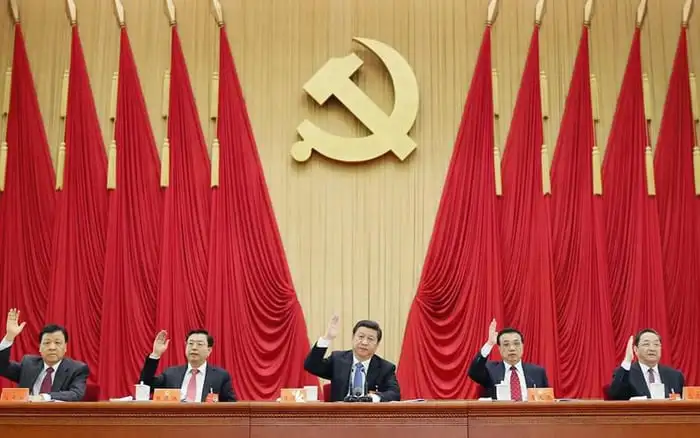
China’s handling of the coronavirus outbreak has led to a negative perception in recent years.
The government’s (CCP) negligence has been blamed for the global spread of the virus.
China’s authoritarian regime, focused on its own interests within a global context, is seen as having an agenda that may harm other nations.
Officially identified as communist China, which has zero tolerance for any broken laws or defamation of China’s character.
During the cold war, anti-Chinese sentiment became permanent in the media of the Western world and anti-communist countries, mainly after establishing the People’s Republic of China in 1949.
To this day, South Koreans believe that China led to the division of Korea into two counties.
Even in the soviet union, the anti-Chinese sentiment was high due to the differences, resulting in a war between the two countries.
China has the highest execution rate.
Its production of counterfeit and dangerous products, and rapid economic growth, which can be perceived as a threat, further contribute to its negative image among developed and powerful countries.
China’s rapid economic growth also seems like a threat to most developed and powerful countries.
Currently, in 2023, these top 10 most hated countries in the world have garnered their negative reputations through a range of factors.
Historical events, political actions, and cultural dynamics have all played a role in shaping international perceptions.
From accusations of terrorism support and human rights concerns to geopolitical struggles and handling of global crises, these countries have faced significant challenges in altering their image.
By understanding the complexities behind these sentiments, we can gain valuable insights into the global dynamics that shape our perceptions of nations worldwide.
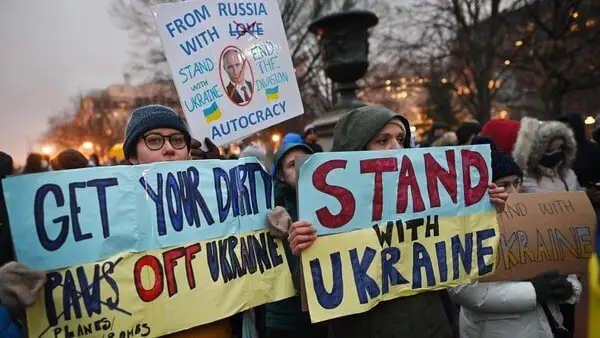
Just as I expected
Love USA from lebanon no matter what they do I will always support them 🇱🇧❤️🇺🇸